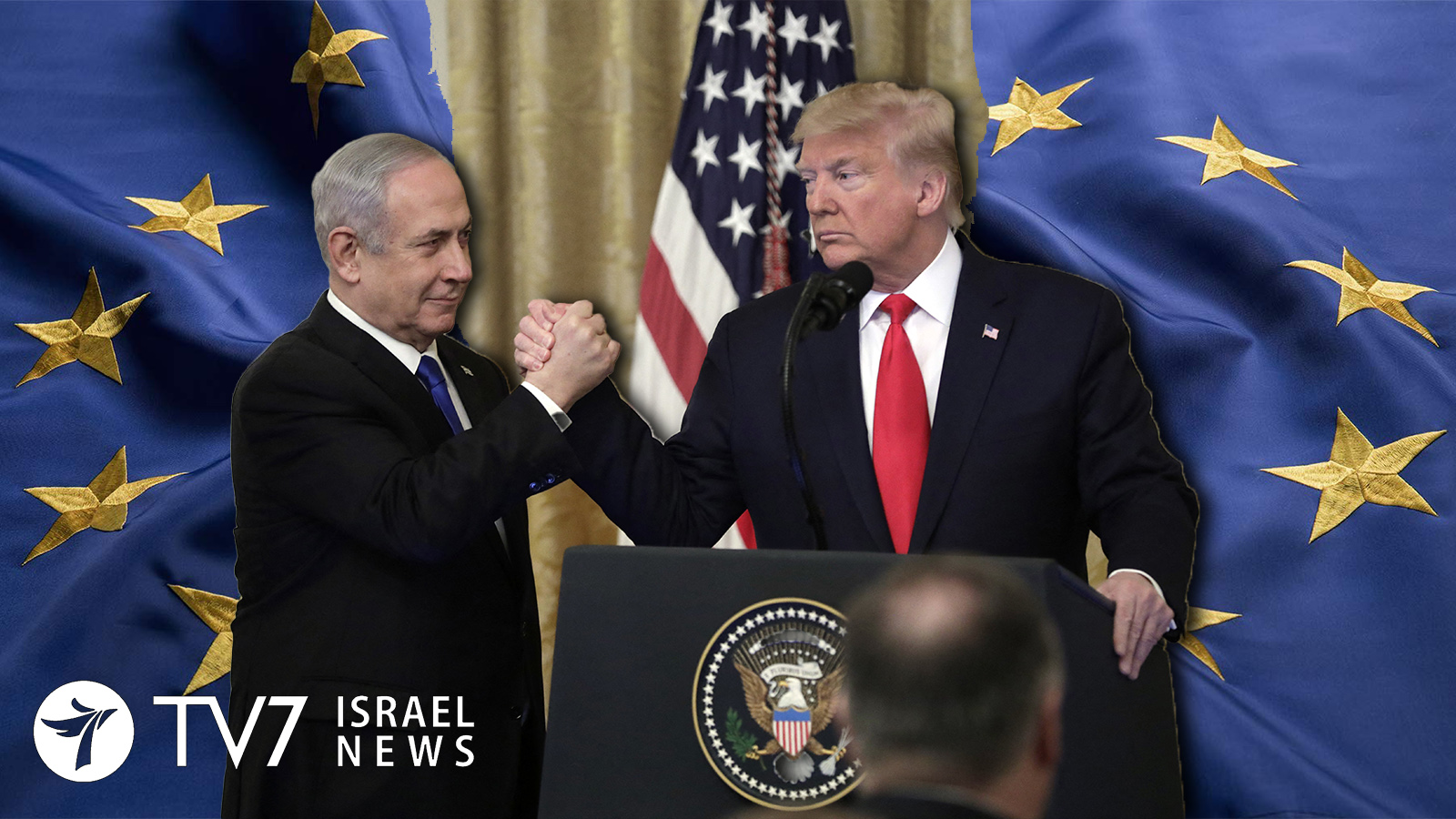The European Union failed to reach unanimous agreement on a united response to the United States’ Mideast peace plan, often touted as the so-called “Deal of the Century.” The Foreign Ministers of the European 27 member-bloc held a foreign policy meeting in Brussels, during which the EU’s High Representative for Foreign Affairs and Security Josep Borrell made every possible effort to consolidate a unified European position to no avail.
While several countries, including Ireland, reportedly demanded that “preemptive measures” be taken to deter Israel from annexing parts of the West Bank, Hungary and the Czech Republic vehemently objected to the publication of a formal EU position on US President Donald Trump’s proposal.
Amid the backdrop of deep European division over Washington’s initiative and the Israeli-Palestinian conflict at large, Borrell later revealed that the foreign ministers were briefed on his talks with U.S. Secretary of State Mike Pompeo and Senior Presidential Advisor Jared Kushner in Washington last week. A more in-depth discussion on the US plan, he said, will be slated to take place for next month.
The possible creation of a joint European-Arab initiative to counter the White House proposal was a topic of discussion among the French and German Foreign Ministers with their Egyptian and Jordanian counterparts at the Munich Security Conference this past weekend, although such an endeavor seems unlikely due to conflicting positions among EU members. The near to complete inability to find common ground on foreign policy is apparently frustrating the recently-appointed top EU diplomat, who stressed the need for Europe to develop “an appetite for power” that will transform Europe’s “willingness to act.”
The EU Foreign Policy Chief further recommended that member states forget about their own interests in the quest for “for a wider capacity of acting,” advising that even “when there is no unanimity, the remaining majority has to act.” “We cannot have the same strategic vision of the world.,” said Borrell, advocating that the EU must “build another one based not on the past but on the future, not on the roots of our history but on the challenges that we are going to face in the future.”
He added, “And this is the culture that we should be developing in our Foreign Affairs Council.”
